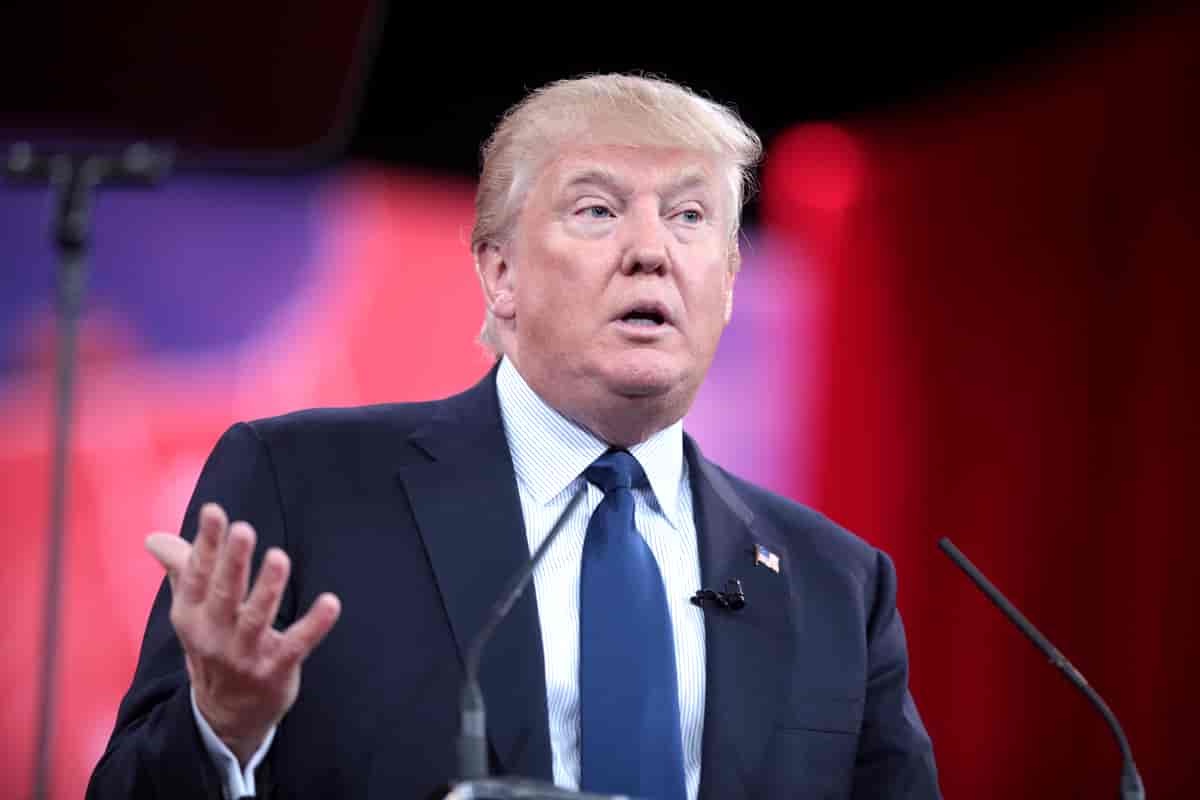The United States is once again at the centre of global trade tensions as President Donald Trump prepares to announce a sweeping set of new tariffs today, reigniting fears of a global trade war and placing the European Union (EU) on high alert.
The announcement, expected at 4:00pm Eastern Time (10:00pm CET), will mark the official return of Trump’s hardline protectionist trade agenda under the banner of what his administration is calling “Liberation Day”. The new tariffs are set to take immediate effect, with a separate 25 per cent universal tariff on all imported vehicles to follow on 3rd April.
White House spokesperson Karoline Leavitt confirmed the duties will be country-based with no exemptions. While the final scope of the measures remains unclear, reports suggest Trump is considering a 20 per cent blanket tariff on imports, aimed at what he describes as “levelling the playing field” and addressing non-tariff barriers that disadvantage American exports.
EU braces for impact
The European Commission, already poised to implement retaliatory measures announced last month, said it will respond within two weeks should the tariffs directly impact EU goods. “If necessary, we have a strong plan to retaliate and will use it,” European Commission President Ursula von der Leyen stated. However, she reiterated that the EU remains committed to finding a “negotiated solution” to avoid an all-out trade war.
On 12th March, the EU had already announced a first wave of countermeasures in response to the Trump administration’s reimposition of 25 per cent tariffs on steel and aluminium. These included duties on €26 billion worth of US exports, targeting politically strategic goods such as bourbon, denim jeans, motorcycles, and peanut butter – many of which originate from Republican-leaning states.
A familiar playbook, new stakes
The new wave of tariffs is reminiscent of the transatlantic trade tensions that dominated Trump’s first term, during which similar US-EU tit-for-tat measures disrupted industries on both sides. Under President Joe Biden, the two sides had suspended many of those duties in an effort to stabilise trade relations, but that détente has now unravelled.
This time, however, the scale appears significantly larger. The European Central Bank (ECB) is taking a more assertive tone. ECB President Christine Lagarde described the current moment as “a march to independence” for Europe, urging leaders not to “lie down” in the face of renewed US aggression. Bank of Finland Governor and ECB policymaker Olli Rehn echoed this sentiment, stating the EU should prepare “proportionate countermeasures”.
France’s Industry Minister Marc Ferracci stressed that Europe would respond in a “proportionate manner” but would not fuel escalation. “Trade wars only produce losers,” he said during a radio interview earlier today.
Industry warns of severe repercussions
In Italy, industry leaders have raised alarms over the expected fallout. Emanuele Orsini, head of national lobby Confindustria, warned that the new US tariffs would have a “massive” impact on Italian exports, particularly in the pharmaceutical, fashion, food, and machinery sectors.
“Should Europe fuel its confrontation with the US, China would benefit,” Mr Orsini cautioned, urging the EU to remain united and to accelerate trade deals with key partners including Mexico, India, Japan, and Thailand.
He also called for the ECB to consider cutting interest rates to support European businesses bracing for what could be a turbulent second quarter.
Market jitters reflect global unease
Ahead of the official announcement, European stock markets drifted lower. The FTSE 100 slipped by 0.2 per cent, while indices in Germany, France, and Italy declined by approximately 0.5 per cent. Investors are closely watching the White House as uncertainty continues to weigh on global sentiment.
On Tuesday, global equities had shown signs of recovery after March’s sharp sell-offs. The Stoxx 600 gained over 1 per cent, and Wall Street closed mixed. However, analysts remain divided on the market outlook.
“Despite the intraday rally, I remain bearish on risk for the time being,” said Michael Brown, Senior Strategist at Pepperstone in London. “This is more the beginning than the end of the tariff saga. Countries across the globe are likely to retaliate, prolonging the current elevated level of uncertainty.”
UK stands apart, for now
Meanwhile, the United Kingdom has confirmed it will not introduce retaliatory tariffs at this time. Business Secretary Jonathan Reynolds said the UK will continue to engage diplomatically with the US but left the door open to future measures, saying that “all options remain on the table”.
As the clock ticks down to Trump’s Rose Garden announcement, European businesses, policymakers, and investors alike are bracing for another potentially destabilising episode in transatlantic trade. With annual trade between the US and EU valued at roughly $1.5 trillion, what happens next could reshape economic ties – and business fortunes – for years to come.
Government introduces mandatory physical inspection for vintage vehicle classification
From 1st September 2025, vehicles seeking vintage status must undergo a physical inspection by the official classification committee
Local filmmakers paid just €250 to screen at Mediterrane Film
The figure stands in stark contrast to the estimated €5 million total spend
Malta International Airport closes in on one million passengers in June
Meanwhile, aircraft traffic movement rose by 4.5 per cent year on year






